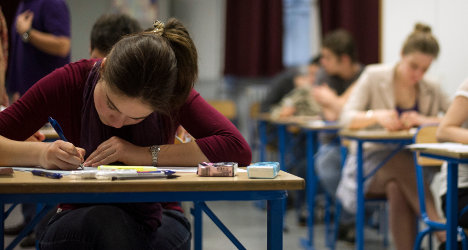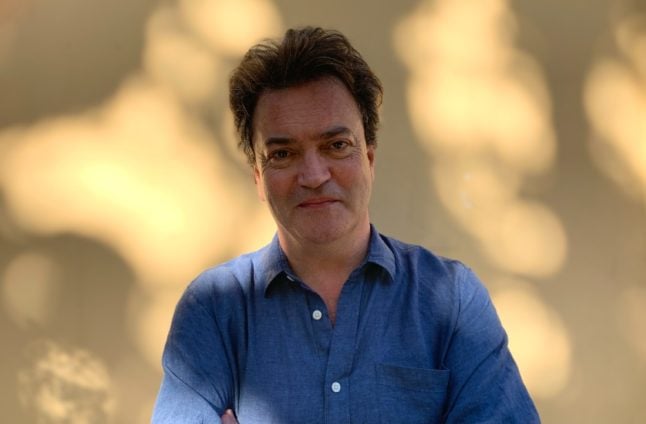Spain's educational results remain below OECD averages despite a 35 percent increase in funding since 2003, the results of the triennial OECD-run Pisa study show.
While Spain's 15-year-olds notched up marginal improvements in reading and science scores, mathematics results for the test of students near their end of their compulsory education remained at 2009 levels.
Scores for reading climbed from 481 in 2009 to 488 points in the latest Pisa study. There was also a slight improvement in science results from 488 to 496.
But mathematics scores barely shifted for Spain — moving from 483 points to 488.
All this means Spain "remains anchored just below the OECD average" in all three categories, according to Pisa researchers.
Those researchers also highlighted a worrying trend towards greater inequality among Spain's educators. In 2012, wealthier students outperformed less-advantaged peers by 34 points in mathematics, while that gap was just 28 points in the 2003 Pisa study.
The gap between boys and girls has also grown in the same period — from nine points to 16.
These findings come despite substantial increases in educational funding, with Spain now spending €60,000 ($81,000) on students aged from six to 15.
The Pisa researchers said Spain could improve its scores by giving schools greater autonomy over their curriculum. They also said low teacher morale could be prevented by linking positive professional appraisals to higher salaries.
On a positive note, the Pisa study found that 87 percent of Spain's students were "happy at school" compared with an OECD average of 80 percent.
Spain's politicians had widely varying reactions to the latest Pisa results on Tuesday.
The country's largest opposition group, the socialist PSOE party used the results to attack new government reforms, saying cuts would undo all the good work done by Spain over the last few years.
But the Popular Party government pointed out higher spending wasn't necessarily linked to better performance, citing Pisa findings that once funding surpasses €50,000 ($67,900) per student, other factors come into play.
More autonomy for centres, more teacher appraisals and a greater range of programmes of excellence were key, education advisor Lucía Figar told Spain's El Mundo newspaper.
Rosa Díez from the centrist UpyD party said the problem lay in Spain's decentralized education system where 17 different autonomous regions acted as "mini-states" with their own syllabuses.
"The state has to take back control of education," she said.
Meanwhile, Joan Coscubiela, a spokesperson for the left-wing Izquierda Plural group said the crisis had seen a huge number of students return to the classrooms.
Many students had previously left school to take on highly-paid unskilled work but "now many companies are paying miserable salaries to people with two or three doctorates," he said.
"Pisa is not the bible," he added.
Pisa is the biggest global school comparison test. Around 510,000 students completed the assessment in 2012, representing about 28 million 15-year-olds in the schools of the 65 participating countries and economies.





 Please whitelist us to continue reading.
Please whitelist us to continue reading.
Member comments